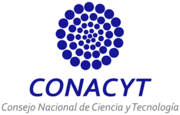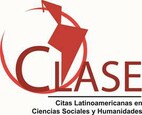Impact of an educational intervention on risky sexual behaviors in a young population
Abstract
The objective of the study was to determine the impact of the educational intervention designed to modify risky sexual behaviors in young people. A longitudinal study was carried out and 226 university students with an average age of 20.8 years participated. The information was obtained through an anonymous questionnaire instrument. When comparing the results of the pre- and post-intervention measurements, the aforementioned behaviors were favorably modified. After the intervention, 70 percent of young people use a contraceptive method, there is a lower incidence of unwanted pregnancies, the negative attitude toward using contraceptives decreased, and having 3 or more sexual partners decreased by 3.4%. There was better knowledge about the prevention of sexually transmitted infections (STIs) and risk perception in early pregnancies




































1.png)







1.png)







